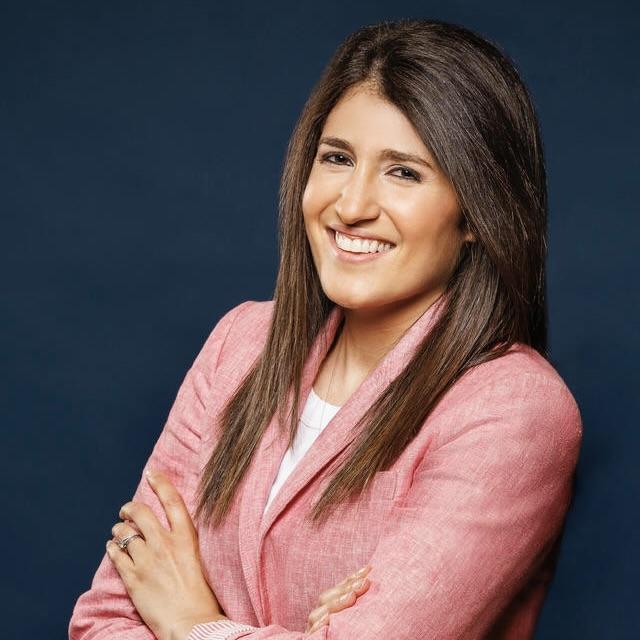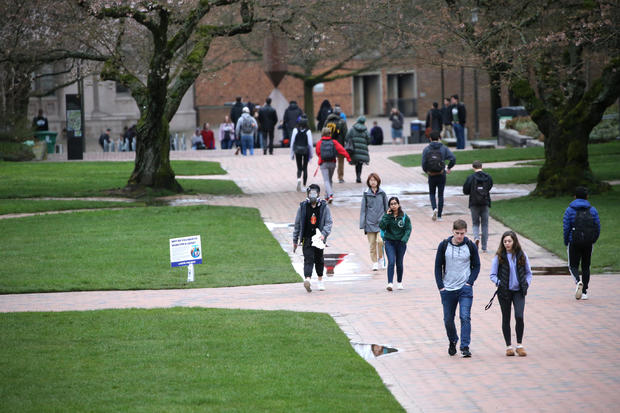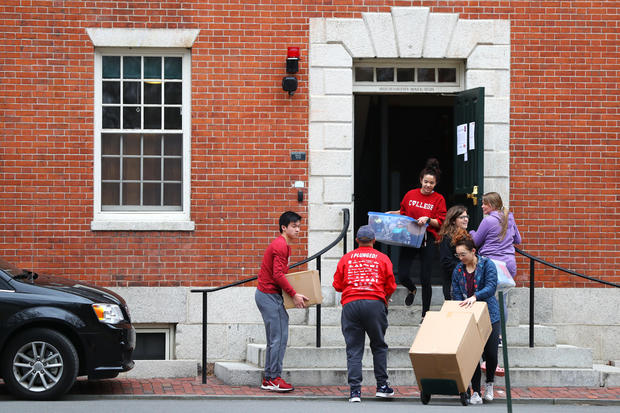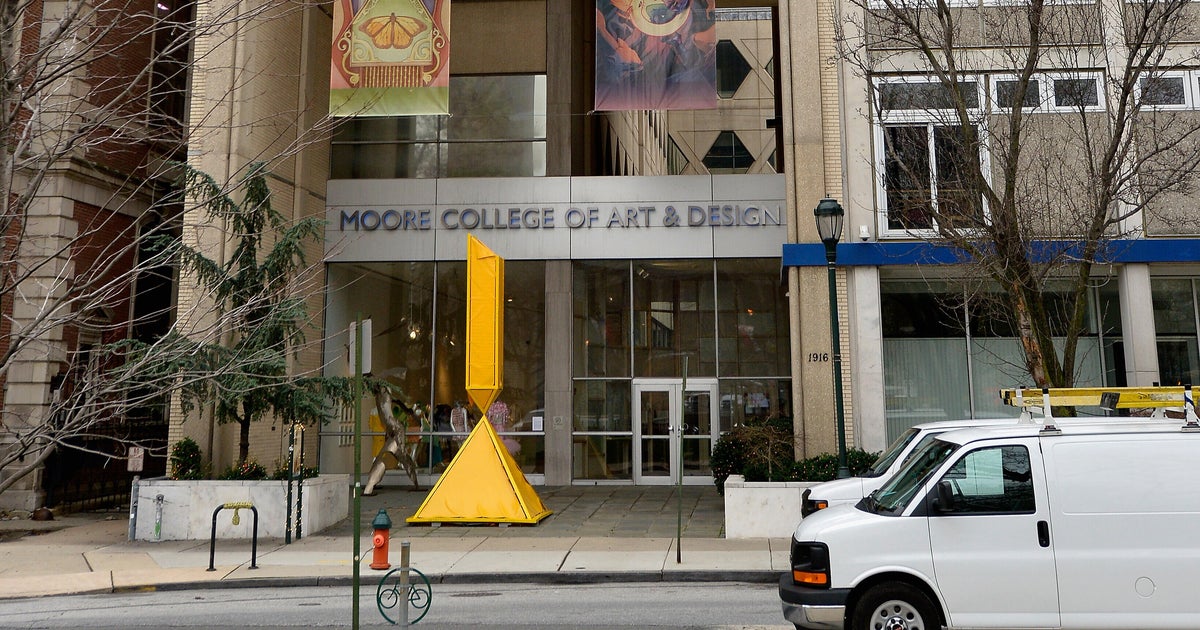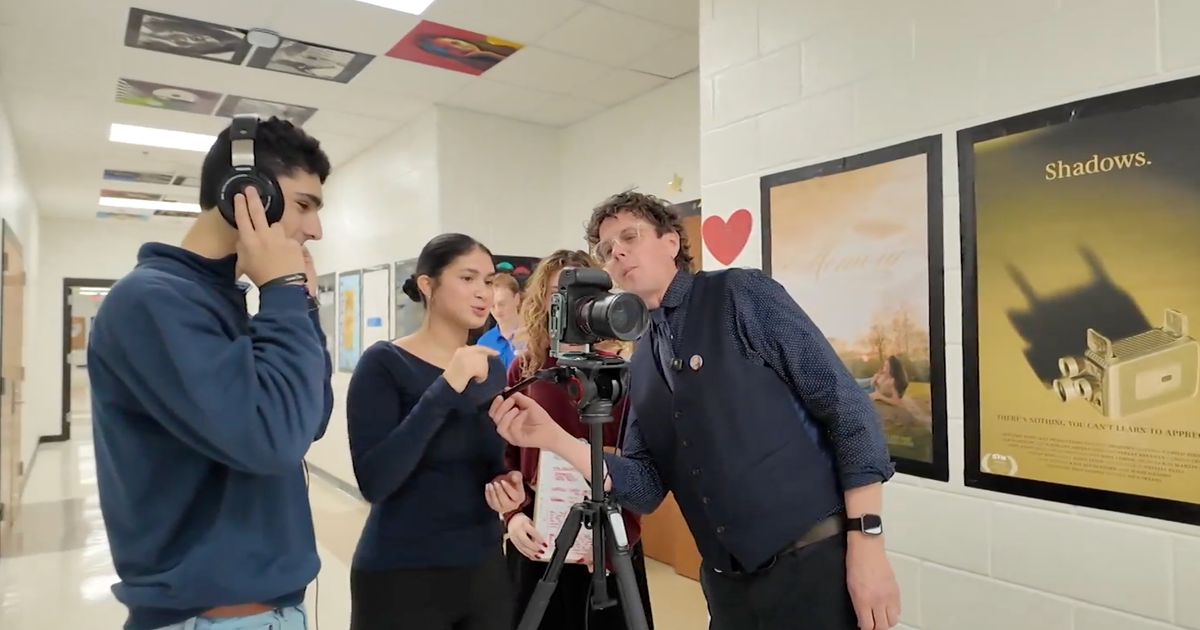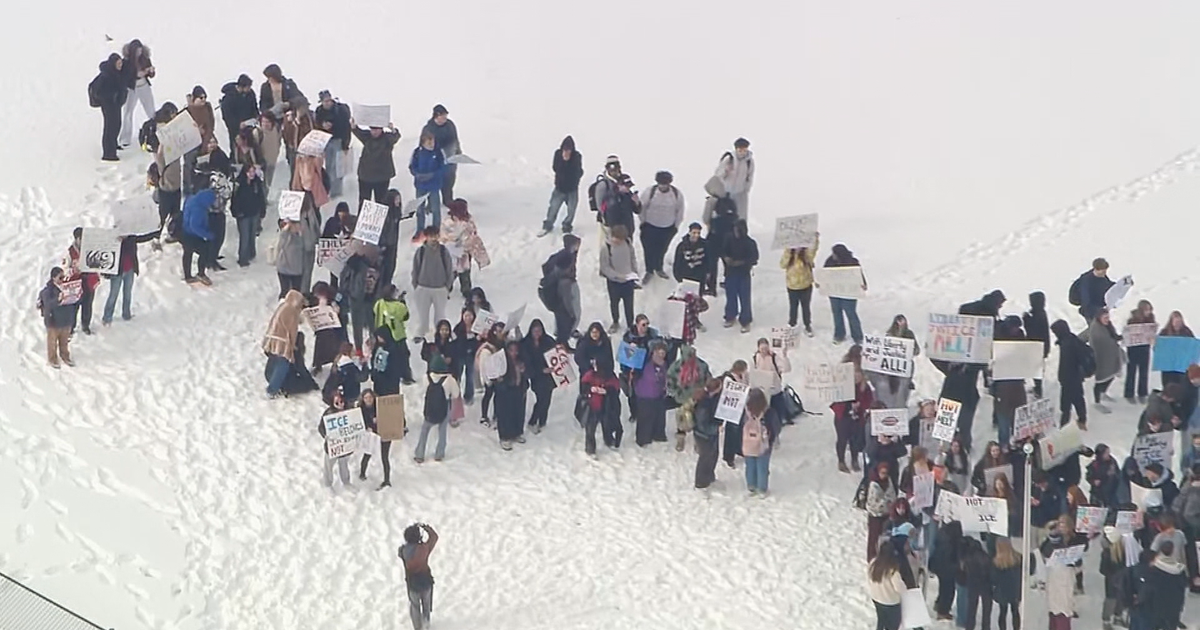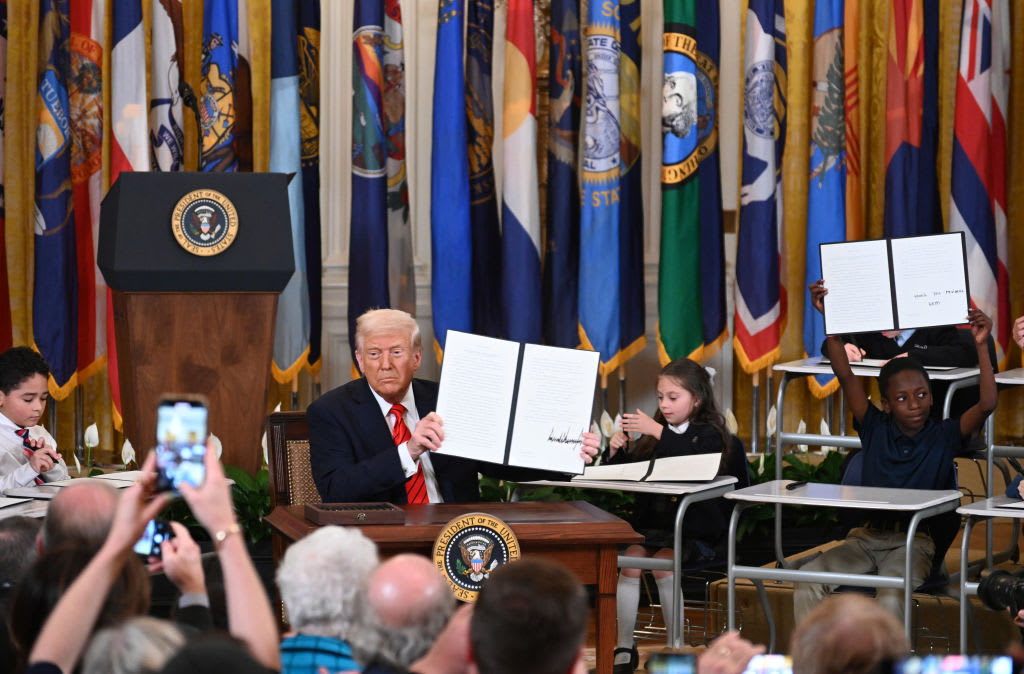Colleges across the U.S. brace for impact as the coronavirus batters their already tenuous financial ground
The last several years have been tumultuous for many colleges in the United States, as undergraduate enrollments have declined, endowments have shrunk and many private institutions have become increasingly dependent on tuition for survival. Now, many in higher education fear that the unprecedented combination of difficulties presented by the coronavirus pandemic could sound a death knell.
"The pandemic has upended almost every aspect of our operations, from teaching and student life to research to athletics to admissions and recruitment to the financial model that sustains all of it," Michael Schoenfeld, Vice President for Public Affairs and Government Relations, and Chief Communications Officer for Duke University, tells CBS News. "This is all happening in real-time, so it will be a while before we can fully assess the impact across the institution, and indeed across higher education. In the short term, we are evaluating a range of options with regard to the coming academic year, which will depend on both health and public policy considerations. We are also looking at the long-term effects and opportunities, which will be considerable as well."
A staggering 6.6 million Americans sought jobless benefits last week, meaning that roughly 10% of the country is now unemployed. Oxford Economics expects the crisis to intensify as the weeks of coronavirus closures drag on, predicting as many as 30 million U.S. job losses – three times the number of jobs that vanished as result of the housing crash of 2008.
"Families will have less money. Many of them won't have jobs for a while. You know, if they're relying on investments, they'll have less investments," said Dr. Thomas Bailey, President of Teachers College, Columbia University.
And he said that could pose a very real problem for colleges and universities across the country that are "very tuition dependent and aren't particularly selective."
"If you look at the industry press over the last several years, you quite periodically read about institutions that have closed," he said. "I think the elite, well-financed, high reputation institutions will be able to weather this. But many colleges and universities – small, private, less selective institutions – were already under a lot of stress. So, I think this will just make it that much more difficult."
To make matters worse, the current social distancing and quarantine guidelines make it impossible for students to tour campuses or attend admitted students events, which often help sell a university to its prospective classes.
"That will definitely have an effect," Dr. Linda LeMura, president of New York's private Jesuit institution, Le Moyne College, tells CBS News. "In our situation, when students come to campus and they feel the strength of the community, the friendliness of the community, the accessibility of the professors, they get a feel, a vibe, and they say to themselves, 'I can see myself here.' It's very different when you're selling your college in an online or a virtual environment. It doesn't affect the senses in the same way."
When asked whether she thought next year's freshman class would be as full as usual, LeMura replied gravely, "I don't. I don't."
"I want to be wrong in the worst way, but I really think that the modeling that we all use, the assumptions are now completely faulty," she continued. "Because when we launched the recruitment season, we weren't counting on a pandemic. We don't know how that's going to affect family behavior, family finances. It's possible that recruiting outside of your area will be restricted because families want to keep their children closer to home. All of those things now are unknowns. Whereas we could have predicted a class with a variable of roughly 25 students, we could be looking at a difference of 200 students. We just don't know."
Across the board, regardless of the size of the institution or whether it is public or private, endowments have plummeted as a result of the recent turmoil in the stock market, putting further stress on schools' operating budgets. Most development offices have temporarily suspended asking alumni for donations. And to make matters worse, events like reunions, which ordinarily play a key role in inspiring donations, have been cancelled as well.
"We rely heavily on the nature of relationships on residential campuses," LeMura told CBS News. "Bringing people back to campus and having the alums meet with the next generations of students, that is the impetus for generating gifts and philanthropy. So, without a doubt, the more distance we have, the harder that it is. It can be done, but it's just an enormous challenge. The entire enterprise, really on a campus like ours, is based on the ability to connect human-to-human. And the online environment and canceling those kinds of events cuts into the bottom line."
It's a bottom line that has already been hammered by the refunds of meal plans and room and board that most schools had to make when COVID-19 necessitated the early closures of campuses across the nation this spring semester.
"There's no question," LeMura said. "Most institutions have refunded room and board on a prorated rate and so that will affect the bottom line for this academic year, in terms of whether or not we end the year with a margin or in deficit. And then, moving forward, if we have to open up the campus at a later time in the fall, that's another revenue hit, not to mention it changes the nature of developing a cohort model, which is so effective in residential campuses. All those things combined really equate to a major disruption."
Public institutions are not immune either. Penn State, which has committed to paying all of its employees through April and set up an emergency fund for its students hardest hit by the crisis, told CBS News in an email that it had frozen hiring and terminated a number of service contracts in effort to stem financial losses.
"Penn State has incurred significant financial losses in auxiliary and other units that are dependent on self-generated revenue to fund their operations," the statement read. "These operations include Penn State's two hotel and conference centers, the University airport, and housing and food services in the University's extensive residence hall operations, which typically serve approximately 20,000 students daily. Total revenue losses across the university through the spring semester are estimated to be well above $100 million."
Ordinarily, higher education is countercyclical, so its outlook doesn't necessarily move in the same direction as the rest of the economy during a downtown. The question is whether the current global predicament is so unique that it defies past models of behavior.
"It's possible that students might say, 'You know, I really want to have that in-class experience, so let me wait a year,'" says Bailey. "On the other hand, higher education is countercyclical. After the recession 12 years ago, we had huge enrollment increases. So, it's possible that somebody who's out of a job temporarily may say, 'Okay, this is a time for me to go back to school to pick up some courses, maybe to pick up an extra degree that I can use.' But of course the problem with that is that people may not have the money to pay for it. If you have a recession that goes to 7 or 8% unemployment, that might work. If we have much higher unemployment, then I'm not sure that that countercyclical argument will work."
LeMura anticipates this recession will hit higher education harder than the last one.
"I think there'll be more pressure to charge significantly less for online education," she said. "And let's face it. Institutions over the past, I don't know, 200 years have been investing mightily in physical infrastructure, so now you're going to have that overhead of all those buildings that are under capacity on the balance sheet. And that's a heavy lift for any institution."
It's also unclear how the coronavirus pandemic will affect universities' ability to enroll international students, who often pay higher tuition than their domestic counterparts. However, despite travel restrictions, Annelise Riles, executive director of the Buffett Institute for Global Affairs at Northwestern University, told CBS News that Northwestern's Office of International Student and Scholar Services is still "continuing to process immigration document (I-20 and DS 2019) requests, so that international students slated to begin programs at Northwestern can be as prepared as possible for any scenario in these uncertain times."
Last month, Moody's Investors Service downgraded the credit outlook for higher education from stable to negative, citing the "unprecedented enrollment uncertainty" colleges and universities will face heading into the upcoming fiscal year.
With the futures of many U.S. academic institutions now uncertain, Bailey cautioned that a blow to higher education would reverberate through society as a whole.
"Higher education is absolutely crucial. It provides a foundation for so much that we rely on in society; not only advancing society technologically, culturally and scientifically, but also providing opportunities for low income students to develop a better life and more opportunities," he said. "Science, culture, equity, those are fundamental things that we're trying to develop in higher education. And if we're just scrambling to stay afloat, we're not going to be as effective in pursuing those goals."
There are simply some intangible losses that can't be marked down on a balance sheet.
"I think the future of the nation's soul is at stake," LeMura told CBS News. "The kind of educational experiences that we have available in the United States is such a diverse ecosystem that, to let many of these schools die, we'll never be the same."
